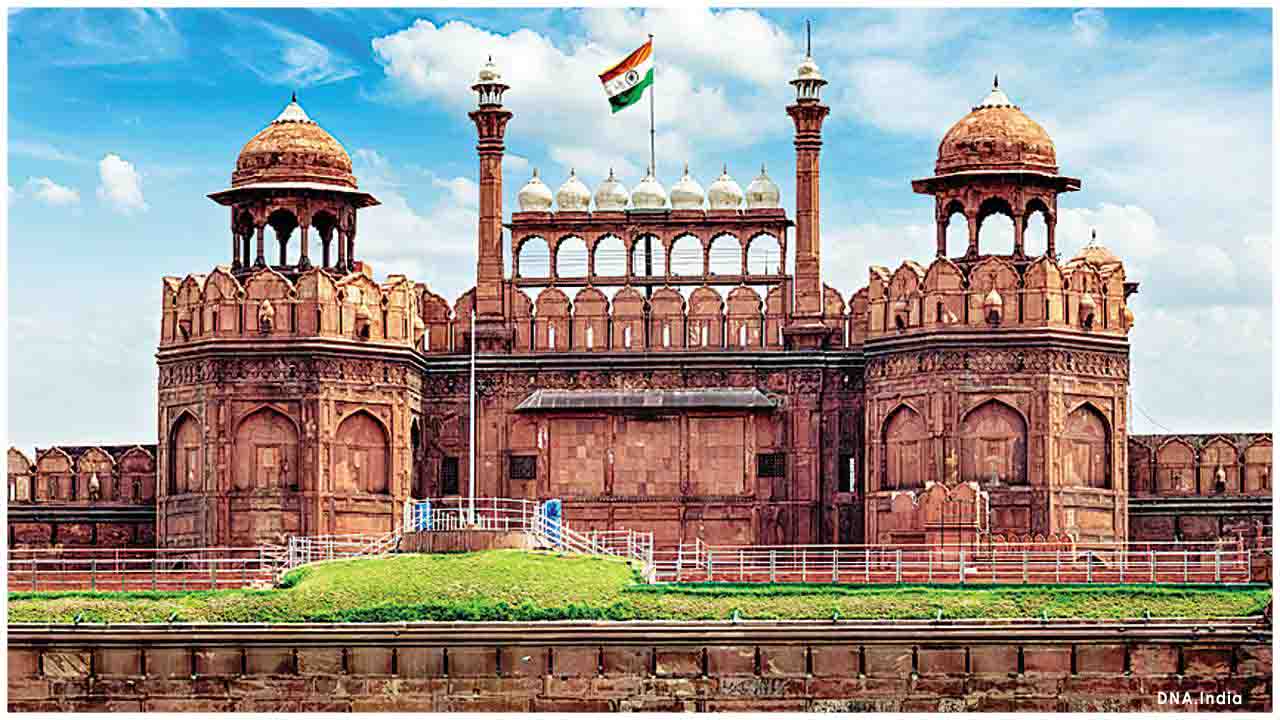Delhi recorded 1,330 fresh coronavirus cases on Friday taking the COVID-19 tally in the city beyond the 26,000-mark, and the death toll due to the disease jumped to 708, authorities said. The highest spike in fresh cases 1,513 was recorded on June 3.
In a bulletin issued on Friday, the Delhi health department said the death toll from Coronavirus infection has risen to 708, and the total number of cases mounted to 26,334.
A total of 58 fatalities were reported on June 4, which took place between May 4 and June 3, the bulletin said, adding that 25 of these deaths took place on June 3. It, however, added that the cumulative death figures refer to fatalities where the primary cause of death was found to be COVID-19, as per the report of the Death Audit Committee on the basis of case sheets received from various hospitals.
On Thursday, the total number of cases stood at 25,004 including 650 deaths.With fresh 1,330 cases, the total number of coronavirus cases in Delhi has climbed to 26,334.
Union Health Minister Dr Harsh Vardhan keeping the numbers in mind said Delhi needs to ramp up testing coupled with aggressive surveillance, contact tracing and stringent containment and perimeter control activities.His statement comes amid the rising number of COVID-19 cases and fatality in the national capital.The Minister chaired a high-level meeting through video conferencing to review the preparedness for prevention and control of COVID-19 in the city.
As all districts of Delhi are now affected by COVID-19, Dr Harsh Vardhan pointed out that the rising cases, high positivity rates and low testing levels in many districts are worrisome.During the meeting, he said, while the average testing per million population in Delhi is 2018, some districts such as north east with 517 tests per million population and South east with 506 tests per million population are far below.
He added that while the UT’s positivity rate of last week was 25.7 percent, several districts reported figures above 38 percent.
Terming the high rate of infection in the health care workers as a serious issue, Dr Harsh Vardhan said it indicates poor infection prevention control practices in health care settings and needs to be attended on priority.
He stressed on the immediate need and importance of scaling up of testing with health infrastructure enhancements along with better clinical management of the COVID-19 cases for effective case management and reduction of fatality rate.
He also pointed out that bed availability is to be rapidly increased in view of the current rapid rise of cases along with avoiding unnecessary delay in the admission of cases.
In the meeting, it was pointed out to undertake the needed steps in adherence with the protocols and guidelines issued by the Centre from time to time for a reduction in the case fatality rate and improved containment measures in Delhi.
It was advised that early detection of cases needs to be done by enhanced surveillance of ILI and SARI cases.
Fever Clinics and Flu corners in all Health care settings need to be established in all corners of Delhi along with focus on contact tracing and surveillance.
The Health Minister said all support is being extended to Delhi for the strengthening of health infrastructure and augmentation of testing facilities.
After a detailed discussion with the DMs, Commissioners and Mayors of Delhi, he said that while some issues such as the density of population in many containment zones did pose a serious challenge to the collective efforts of the administration, it was important to pool in resources and experiences for a convergent action.
The DMs and officials of Municipal Corporations briefed on the steps being taken in their area to contain COVID-19.
While appreciating the efforts of the frontline workers, administration and other COVID warriors, Dr. Harsh Vardhan advised that now more than ever, is the need for following norms and protocols related to physical distancing, hand and respiratory hygiene, maintaining sanitation in our surroundings, respect for the doctors and other frontline health workers, not listening to and spreading rumours, and to be kind and supportive to the needy, elderly and vulnerable population.
PTI

 Delhi numbers are still a concern for the government , ramping up testing only way out says Health Minister
Delhi numbers are still a concern for the government , ramping up testing only way out says Health Minister




















.jpeg)

.jpeg)










.jpg)




.jpg)

